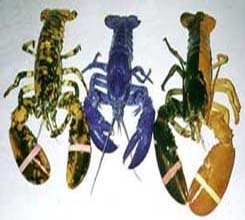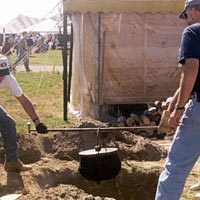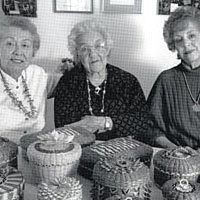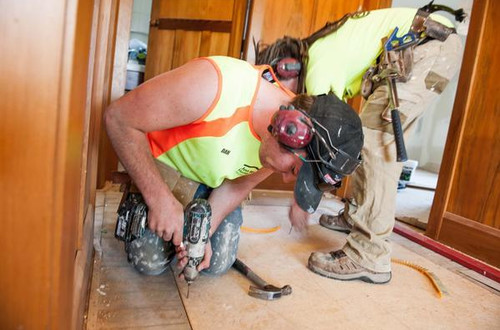
- Capital City:
- Augusta
- Nickname:
- Pine Tree State
- Motto:
- Dirigo (I direct)
- Statehood:
- March 15, 1820 (23th)
- Origin of State's Name:
- Probably a reference to the state region being a mainland, different from its many surrounding islands.
- Largest Cities:
- Portland, Lewiston, Bangor, Auburn, South Portland
- Border State:
- New Hampshire
- Land Area:
- 30,865 sq. mi.; 39th largest
- State Bird:
- Chickadee
- State Flower:
- White pine cone and tassel (pinus strobus, linnaeus)
- State Tree:
- Eastern White Pine
- State Song:
- State Song of Maine
The largest of the New England states in area, Maine, in 1820, was the 23rd state to join the Union. Its name comes from an ancient French province of the same name. The most sparsely populated state east of the Mississippi River, it's appropriately called the "Pine Tree State," as 90 percent of its land is forest. Not surprisingly, most of Maine's economy is related to timber and the production of paper and paper products although the millions of tourists who flock each summer to "Vacationland" are a significant source of revenue. The capital is Augusta; the state flower is the white pine cone and tassel.
Bean-Hole Beans

The preparation of bean hole beans, a traditional foodway that Maine lumberjacks borrowed and adapted from Native American practices, was preserved by the Maine Folklife Center at the Common Ground Country Fair in Unity, Maine. A cast-iron pot of beans is buried with hot coals for 16 hours in a rock-lined pit that is three feet deep. Traditionally, heirloom colonial varieties of beans are used such as Yellow Eye, Jacob's Cattle, and Soldier. A videotape of the bean hole bean demonstration was made at the September 1999 fair.
Still photographs augment the video, highlighting the laborious undertaking of digging and preparing the hole. The fire must burn for half a day before enough coals are produced to cook the beans properly. Detailed text accompanies the visual documentation, including instructions on the procedure, bean recipes, and folksy testimony from present-day practitioners of the art, one of whom says that bean hole beans always taste better than regular beans because "you don't have to keep adding water, which dilutes the taste."
Wabanaki Basketry

A photographic exhibit of about 20 panels on the basketry tradition of the Penobscot, Passamaquoddy, Micmac, and Maliseet tribes of Maine. The exhibit features the work and lives of prominent contemporary Maine Native American basket makers and their efforts to preserve this important cultural tradition. Mary Mitchell Gabriel, a National Heritage winner, is featured.
 Print
Print Email
Email







